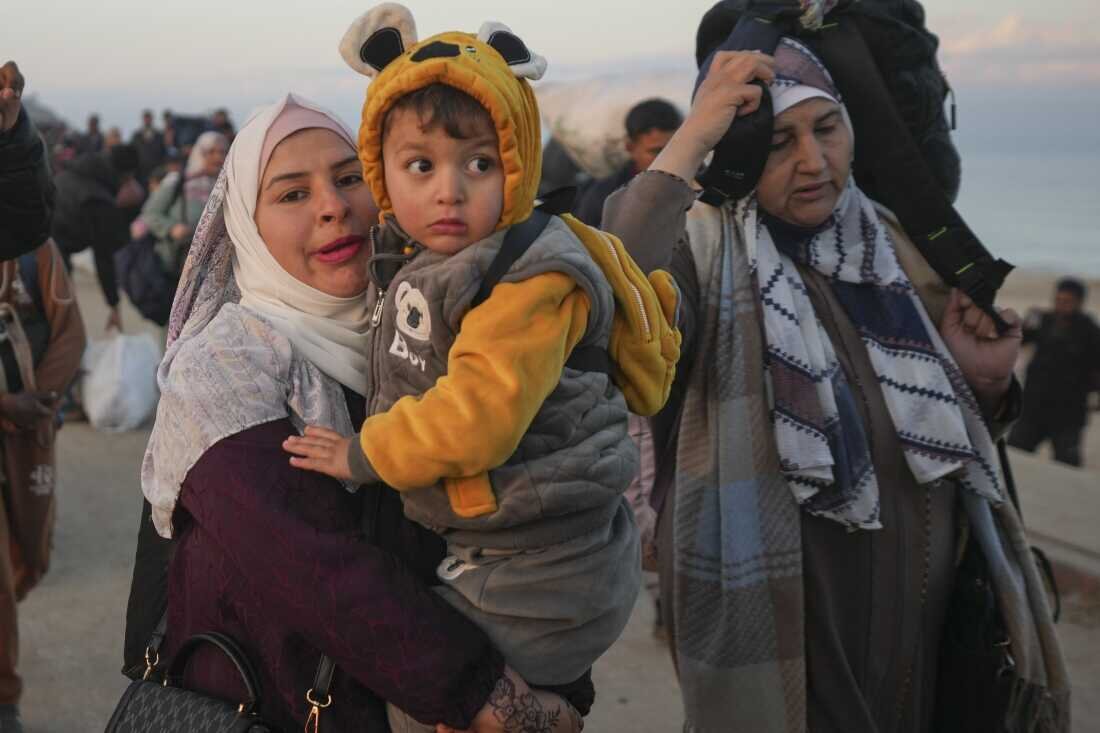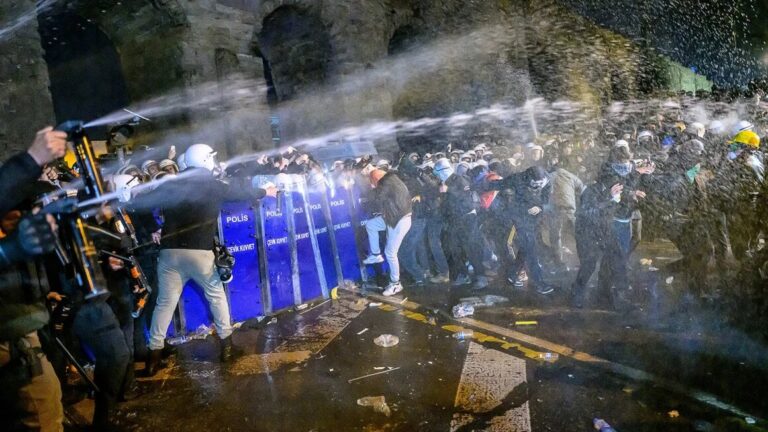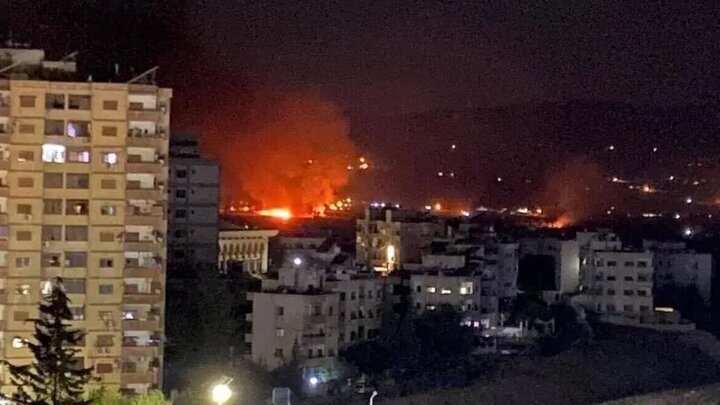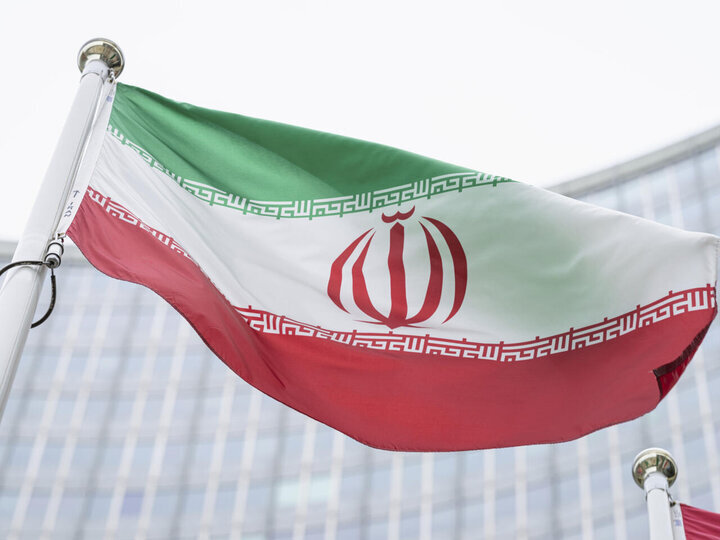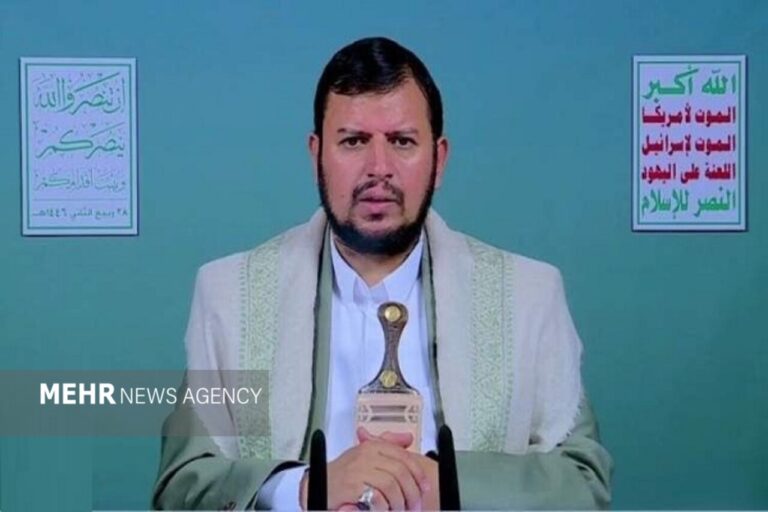US Gaza Strategy: Allegations of Complicity in Crimes Against Humanity and Genocide
The crime of forced displacement, defined as the coerced expulsion of individuals from their homeland, stands as one of humanity’s most grievous atrocities, both historically and in contemporary society. This painful act not only separates individuals from their roots but also uproots their entire identity, leaving them in a state of exile and forced refuge.
The occupying Israeli regime’s engagement in forced displacement aims to manipulate the demographic structure of the occupied territories while systematically erasing the historical identities of its inhabitants. The underlying objective is to sever the victims’ national, racial, ethnic, and religious ties, implemented through various organized policies. These include:
- Forced population displacement
- Destruction of residential areas
- Instilling fear and terror
- Mass killings and violent acts
Such actions are designed to drive the residents from their ancestral lands, posing a considerable threat to humanity and blatantly violating human dignity. The international community has taken a stand against this crime, implementing extensive legal measures grounded in international law.
Article 49 of the Fourth Geneva Convention explicitly prohibits any forced individual or collective transfer, as well as the expulsion of inhabitants from occupied territories. This mandate applies irrespective of the motives or justifications presented by the occupying regime. The severity of forced displacement is recognized as one of the most serious offenses under international law, as it directly violates fundamental human rights.
Numerous treaties, resolutions, and international documents have condemned this crime. The Rome Statute of the International Criminal Court, particularly in Articles 6 to 8, categorizes forced displacement as genocide, war crimes, and crimes against humanity. This classification ensures that no state or occupying regime can act without facing severe legal repercussions.
Recently, statements by the U.S. president regarding actions in Gaza have drawn significant concern, aligning with accusations of genocide and massive crimes against humanity. Such actions threaten not only international peace and security but also have far-reaching implications on regional and global stability.
Under the International Law Commission’s Draft Articles on State Responsibility, all states are bound to prevent any war crime, crime against humanity, or genocide. This responsibility is not merely a suggestion; it is a mandatory international obligation.
The systematic denial of Palestinians’ right to live on their ancestral lands is part of a broader strategy by the U.S. and Israeli regimes to erase Palestinian identity. Since the onset of occupation, there has been a persistent agenda of ethnic cleansing in Palestinian territories, which intensified during the recent military actions in Gaza. These actions have included:
- Destruction of homes
- Bombing campaigns
- Blockades and starvation
These aggressive tactics aim to force civilians in Gaza to abandon their homes, which have become uninhabitable. The scale of violence has led to the deaths of over 47,000 individuals, predominantly civilians, including women and children. Moreover, approximately 70% of Gaza’s critical infrastructure has been obliterated, displacing nearly two million people.
Despite the overwhelming destruction, the resilience of the people of Gaza remains evident, as they continue to assert their right to their land. This determination highlights the Palestinian people’s commitment to resist occupation and pursue self-determination.
Since 1948, many Palestinians have found themselves in exile, forcibly removed from their homeland and enduring life in overcrowded refugee camps. These camps symbolize decades of suffering and displacement, transforming their plight into a bitter reality.
History illustrates that ethnic cleansing exacerbates the suffering of the Palestinian people, depriving them of any opportunity for return to their ancestral lands. The recent U.S. plan suggests an attempt to further erase Palestinian identity. If not condemned by the international community, this could embolden the Israeli regime to persist in its acts of genocide and illegal occupation, ultimately hindering the Palestinians’ right to self-determination.
This point is echoed in the advisory opinion from the International Court of Justice (ICJ) issued on July 19, 2024, which obligates all states to cooperate in upholding the rights of Palestinians and terminating the Israeli occupation.
The U.S. proposal for the forced relocation of Gaza’s population poses a direct challenge to the entire international legal system. Its execution would irreparably damage the legitimacy and credibility of international order and its institutions.
The Gaza Strip is recognized by both the United Nations and the International Court of Justice as part of Palestinian territory. Any occupation of this land by another state or regime is deemed an act of aggression. The normalization of such discourse is alarming and represents a blatant disregard for fundamental principles of international law, including Article 2(4) of the UN Charter. A decisive response from the international community is imperative.
The just path for the international community lies in adhering to the ICJ’s advisory opinions and numerous UN resolutions that affirm the inalienable right of Palestinians to return to their ancestral lands. The international community must compel the Israeli regime to end its occupation and hold it accountable for recent widespread crimes. All states have a duty to pursue this objective. Any deviation from these goals would equate to complicity in the ethnic cleansing of a nation, carrying significant international responsibility.
Abbas-Ali Kadkhodaei is an international law professor at the University of Tehran.
